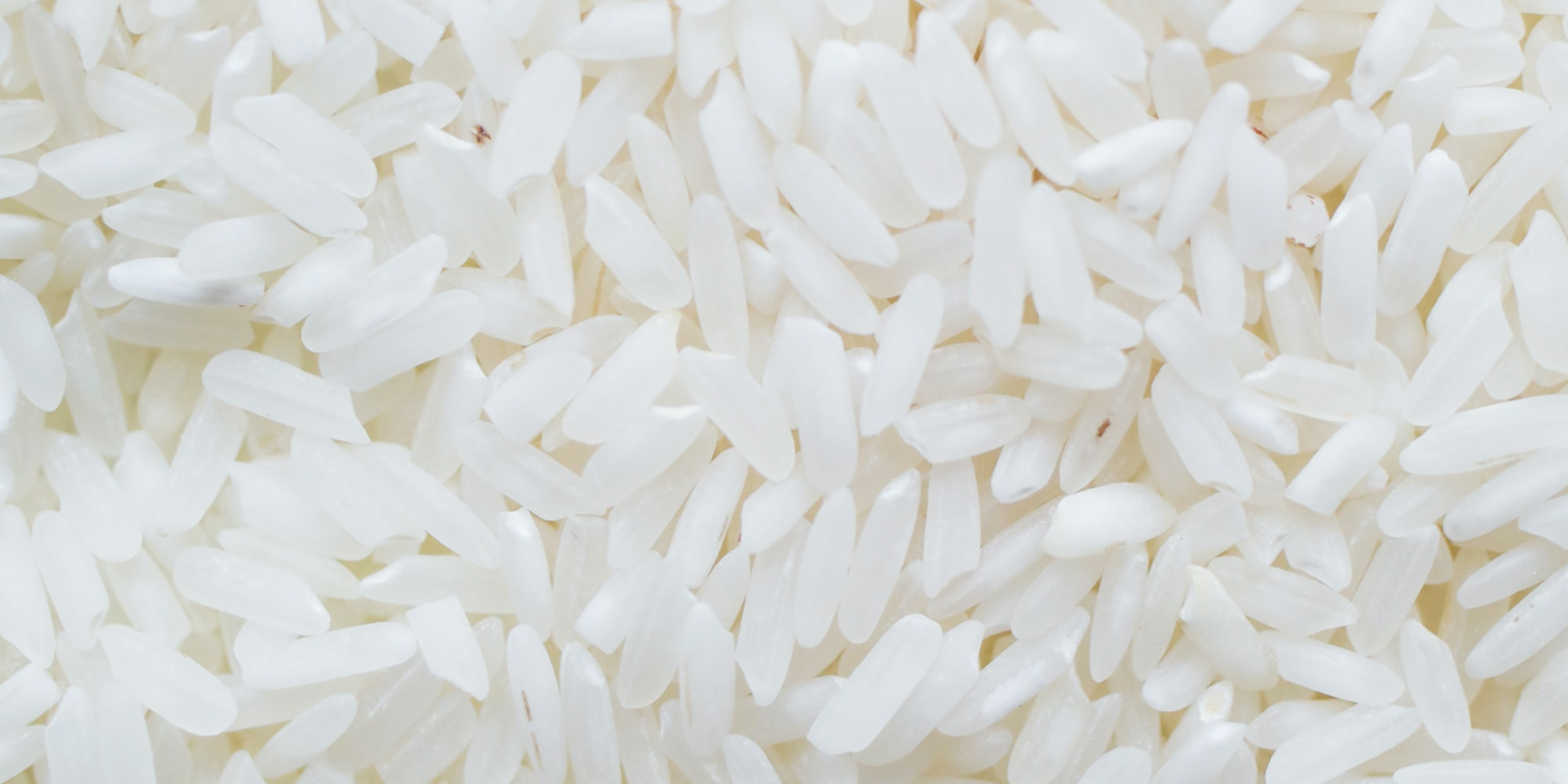India, the world’s largest rice exporter, has banned the export of non-basmati white rice, “with immediate effect”, announced the government, whose decision could further increase international rice prices. This ban should help to “guarantee” an “adequate” supply for Indian consumers and “mitigate the rise in prices on the domestic market”, said the Indian Ministry of Consumer Affairs and Food, in a press release published Thursday evening.
Prices already on the rise
In the second quarter, India’s non-basmati white rice exports jumped 35 percent year on year, the ministry said. In September, after a major drought in its main rice-producing regions, India had already banned exports of broken rice (lower-priced rice, with grains broken accidentally or not) and imposed a 20% tax on exports of high-quality rice.
International prices for rice, a major staple in the world, have risen sharply due to the Covid pandemic, the war in Ukraine and the impact of the El Niño weather phenomenon on rice paddy yields. India’s exports of non-basmati white rice account for about a quarter of India’s total rice exports. Last year, the country exported 10.3 million tonnes of non-basmati white rice.
Poor countries on the front line
The decision by India, which alone makes more than 40% of global rice shipments, could “risk exacerbating food insecurity in countries heavily dependent on rice imports”, warned in a note the company Gro Intelligence, which analyzes data on raw materials. African countries, Turkey, Syria and Pakistan are expected to suffer from the ban, as they already face high food price inflation, Gro Intelligence added.
According to Rabobank analyst Oscar Tjakra, other rice suppliers do not have reserves to compensate for the halt in Indian exports of non-basmati white rice. Apart from India, “the main exporters are Thailand, Vietnam and, to some extent, Pakistan and the United States,” the analyst told AFP. But “they won’t have enough rice to replace” the unexported Indian volumes, he warned. “Obviously this will contribute to inflation around the world, because rice can be used as a substitute for wheat,” he added.
